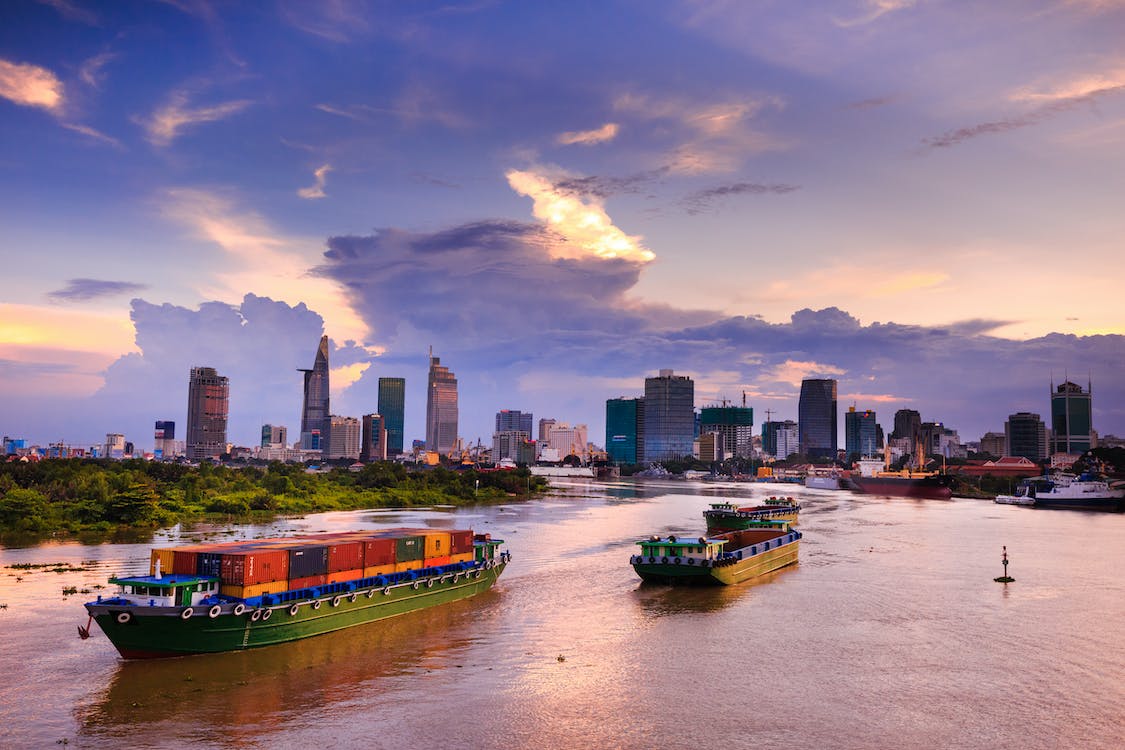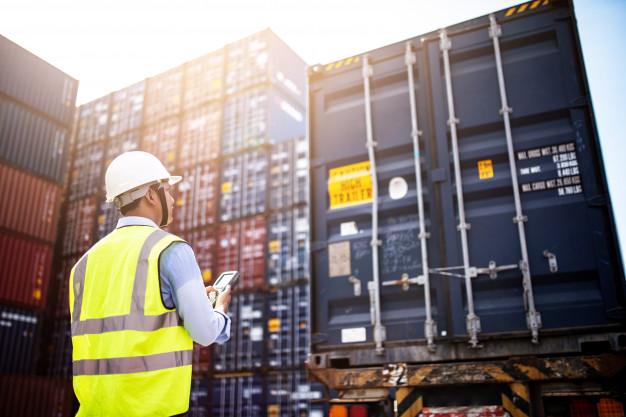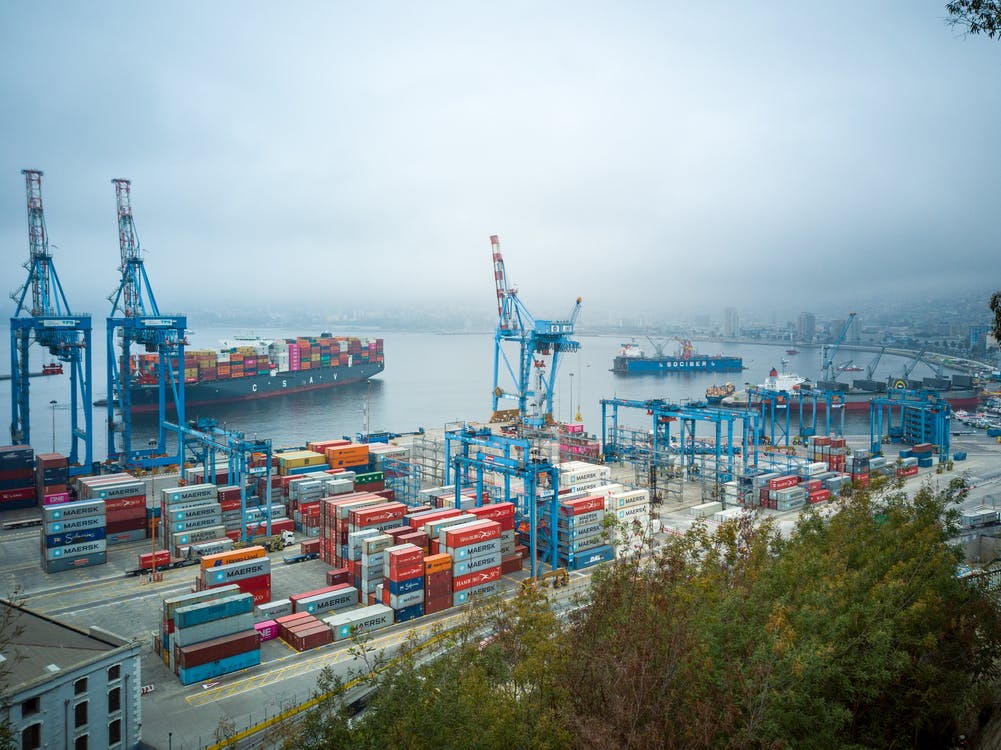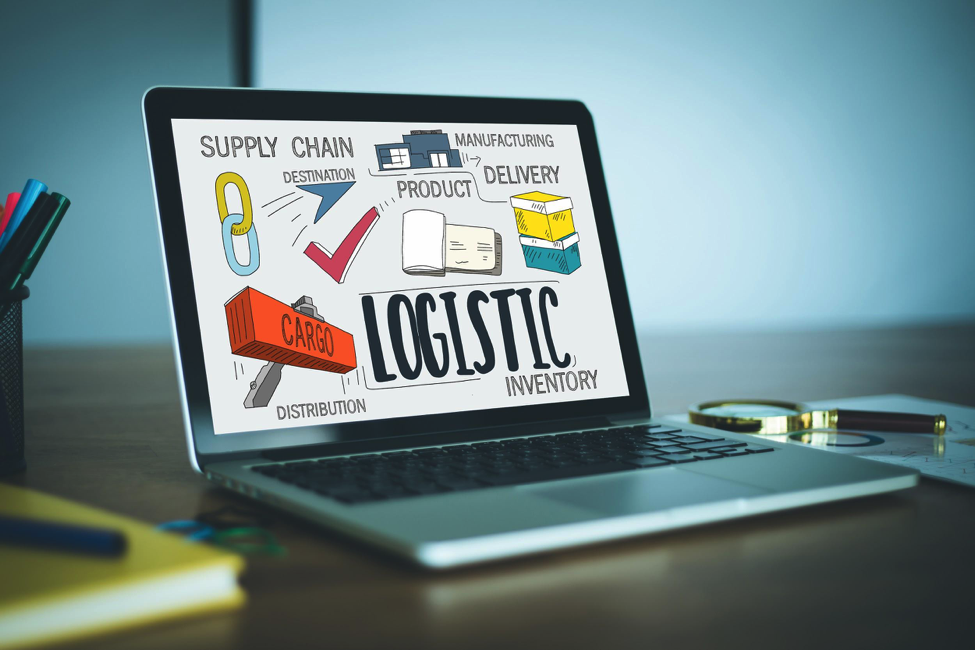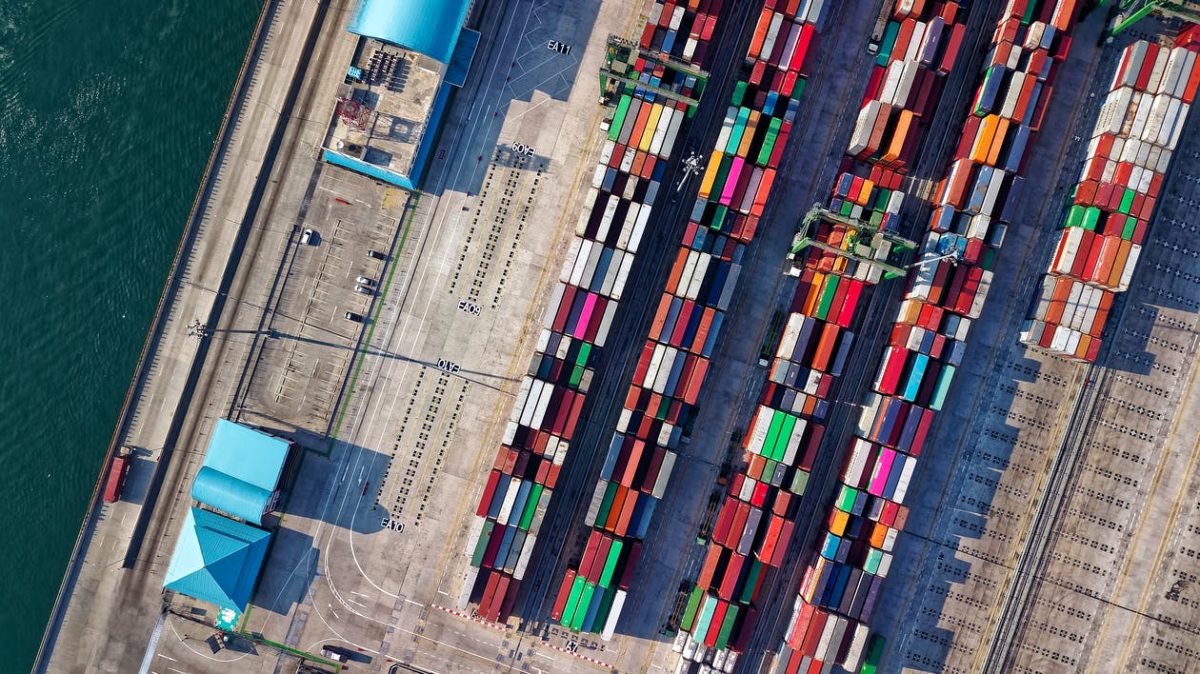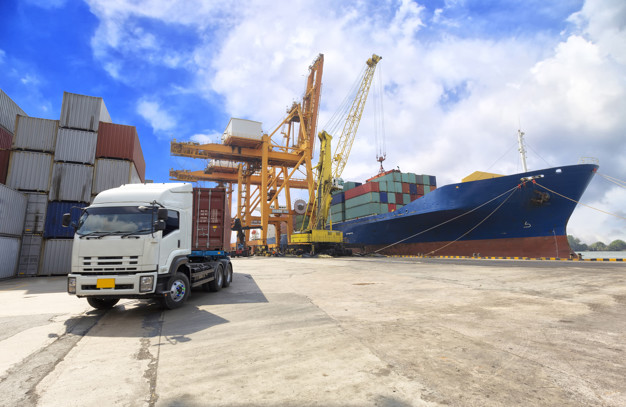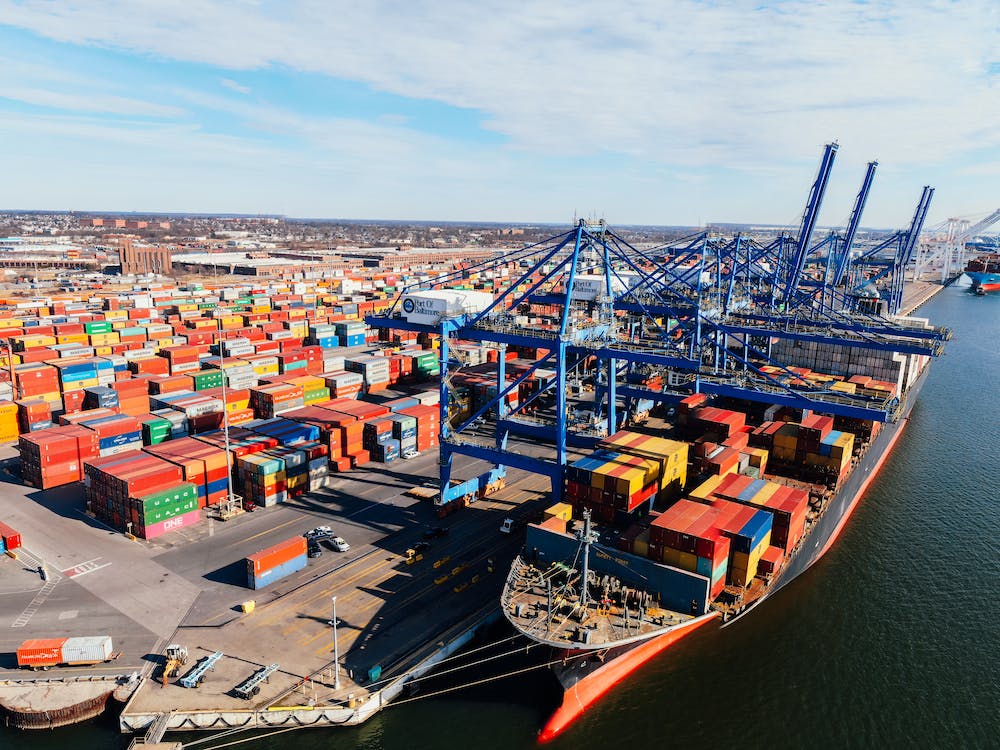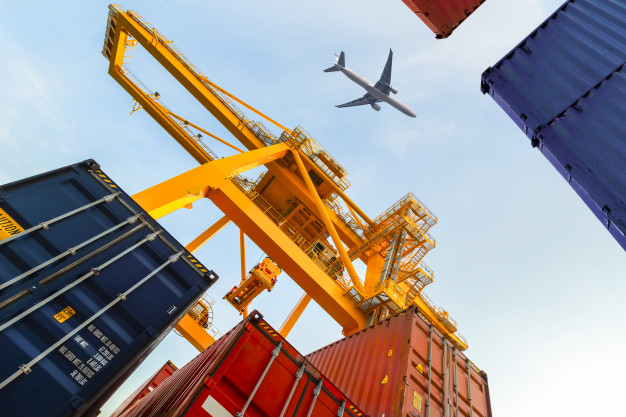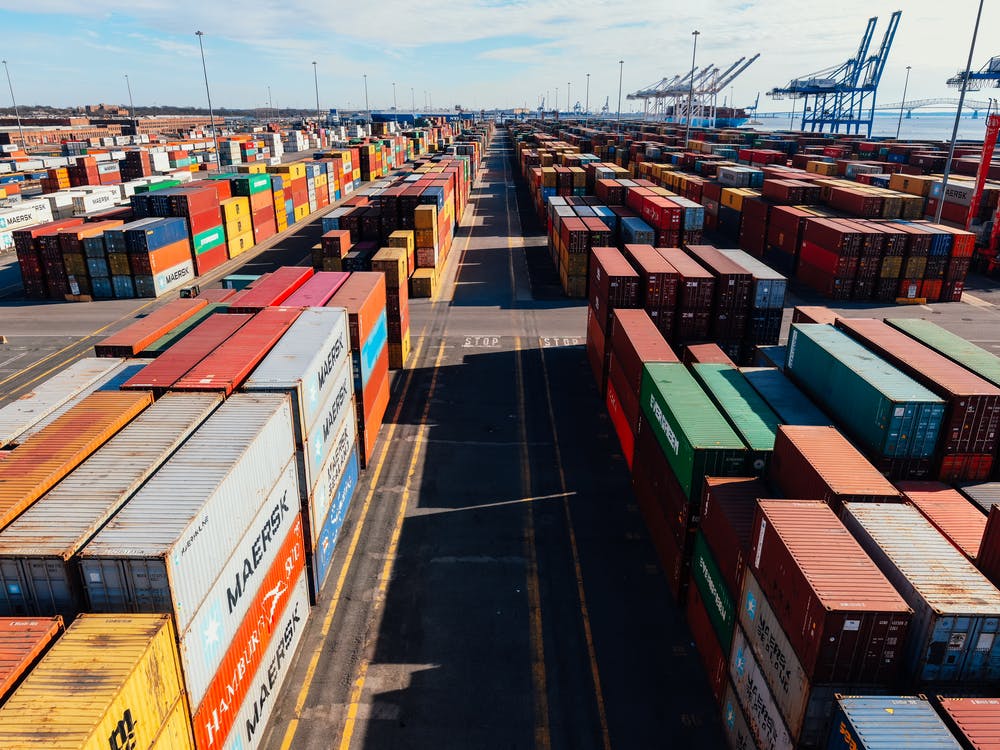The Six Most Critical Issues In The Philippine Trucking Industry

For the past decades, the Philippines has been undergoing some constant changes specifically in the trucking industry. Many trucking companies responded by allowing themselves to adjust in order to maintain their foothold in the growing competition.
Despite the recent improvements in the Philippine economy nowadays, the trucking industry seems to be on a race of its own, exerting a sense of pressure and urgency for everyone involved especially the drivers. This event leads to the emergence of new problems and issues that continue to bring detrimental effects on the nation’s trucking industry.
Below are six most critical issues that the Philippine trucking industry is dealing with today:
-
Excise tax on Fuel
Together with the implementation of TRAIN Law in 2018, the Philippine government also added excise tax on fuel. Diesel users such as trucks will receive a 3-tranche increase which will occur in the following order: Php 2.50 per liter in 2018, Php 4.50 per liter in 2019, and Php 6.00 per liter in 2020. Taxes on fuel has the same effects as the oil price hike as it adds further encumbrance on the part of the truckers.
-
Age Restriction on Trucks
In the latter days of November 2018, the Department of Transportation (DOTr) suspended the implementation that restricts the age limits of trucks to 15 years. Any trucks that are more than that age threshold will be phased out. Though this move by the government is highly beneficial for the industry, future truck phase-outs in other areas of the country are still in danger of this regulation.
-
Traffic Congestion
While some people might say that heavy traffic means that the economy is currently adjusting as it grows, we can also see it as a double-edged sword. Traffic congestion has a large number of negative effects on the environment, health, and economy of a country in a variety of ways. It could hinder the productivity of truckers as they are forced to waste a significant amount of time. What’s even worse is that it could persuade the government to impose traffic policies such as a city-wide truck ban.
-
Oil Price Hike
Oil price hike takes place when the cost of oil starts to increase by a certain percentage. There are a lot of factors that influence the oil prices in the Philippines, such as the currency exchange rate, the supply and demand, and the price of oil in the world market. Unfortunately, most trucking companies prefer not passing the cost to their clients, sustaining a great deal of financial loss in the process.
-
Truck Ban
Several places in the Philippines particularly Metro Manila has already experienced truck bans because of severe traffic congestion. Because of the size of the trucks, the traffic management agencies often put their blame to such vehicles as the real culprit of congestion. Even some motorists have claimed that trucks are the actual initiators of the problem as they are normally perceived as slow-moving the usual cause of car accidents. The repercussions of this policy could endanger the whole trucking industry, as the banning of trucks can affect not only the providers of these services but also the overall Philippine economy itself.
-
Implementation of Maximum Gross Vehicle Weight (MAGVW)
According to the Confederation of Truckers Association of the Philippines, the biggest challenge that they need to overcome this year is the implementation of maximum gross vehicle weight for the trucks. Though this regulation’s main purpose is to avoid overloading by limiting the weight of the trucks, the maximum weight allowed for truck codes 12-2 and 12-3 (41,500 and 42,000 kg respectively) could be a major problem indeed. This is because the average weight of containers that the trucks usually carry is around 30-36,000 kg, and if the average weight of the tractor head and trailer would be added (15,000 kg), the vehicle will reach a total weight of about 45,000 kg which is already a violation to the law.
Sources:


